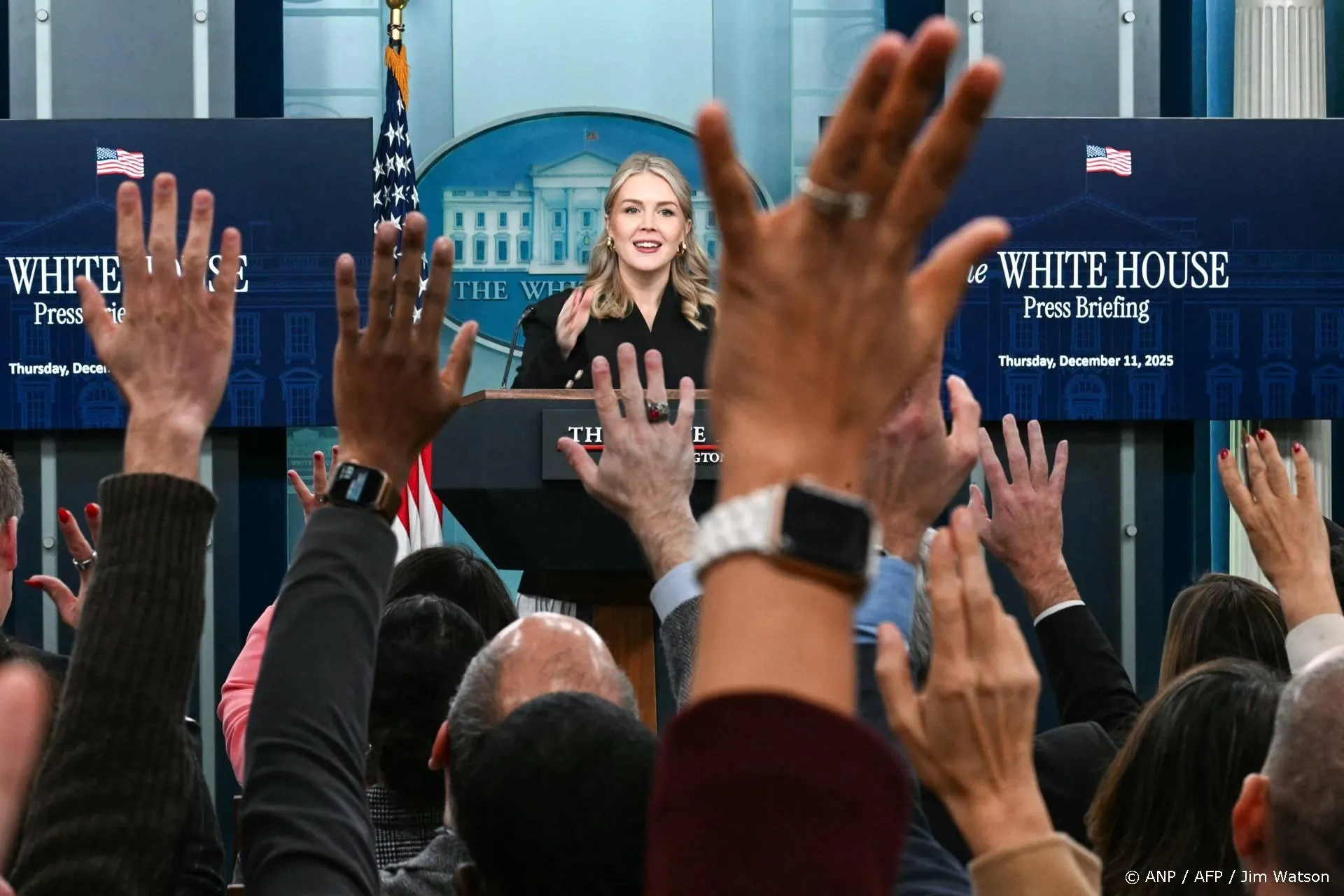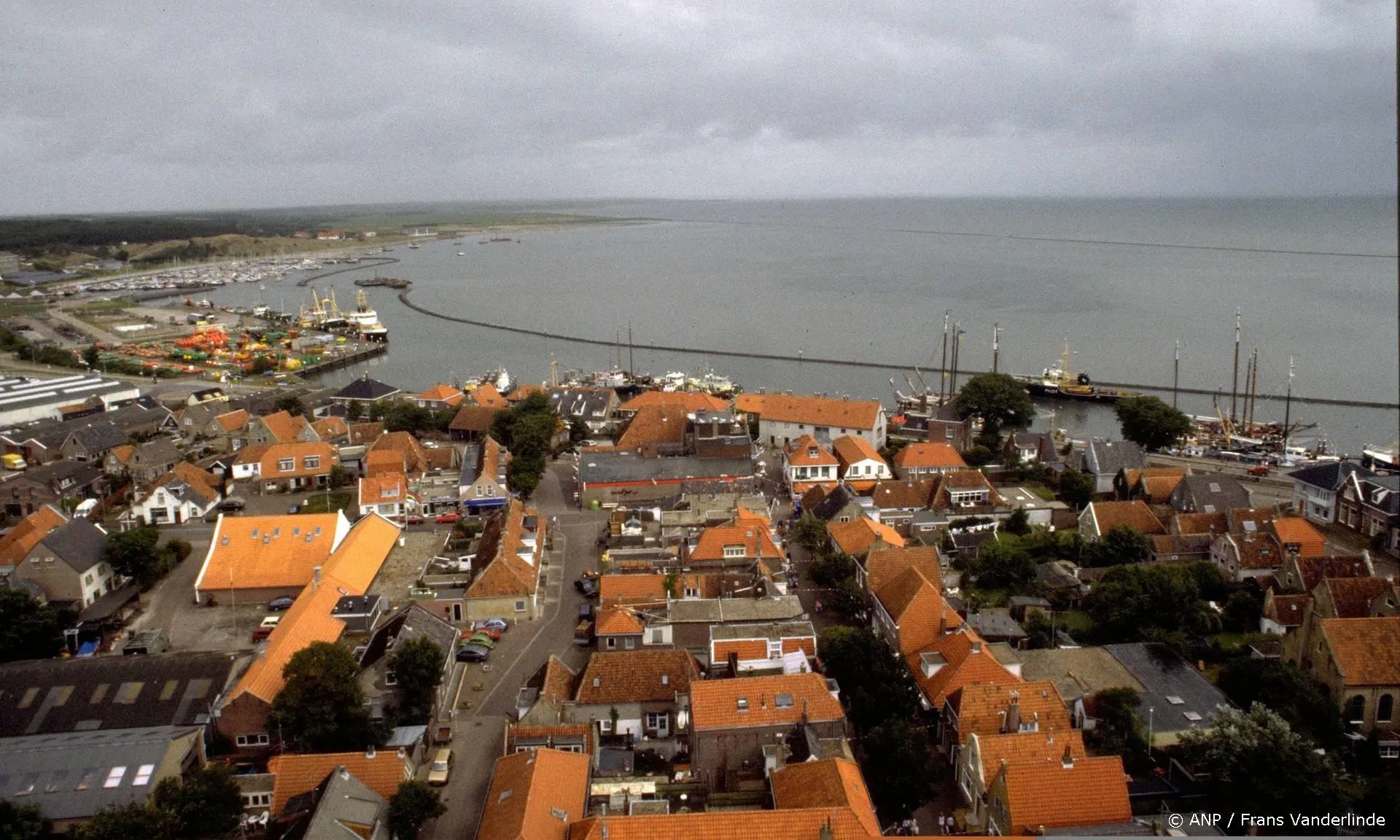VN-klimaatpanel minder alarmistisch?
IPCC zwakt verwachting klimaatgevoeligheid af.
Zoals mijn trouwe lezers zich zullen herinneren, heb ik reeds vele malen aandacht geschonken aan peer-reviewed studies, waarin werd gesteld dat de zogenoemde klimaatgevoeligheid (het temperatuureffect van een verdubbeling van de CO2concentratie in de atmosfeer) beduidend lager was dan het VN-Klimaatpanel (IPCC) altijd had beweerd. Zoals gebruikelijk wezen mijn kritische respondenten, aanhangers van de menselijke broeikashypothese (AGW = 'Anthropogenic Global Warming'), deze suggestie verontwaardigd van de hand. Toch blijkt zelfs het IPCC niet ongevoelig voor het zelfreinigend vermogen van de wetenschap.
Onder de rake titel, 'Sensitive information, A peek inside the next IPCC assessment', rapporteerde 'The Economist':
That report is going to scare the wits out of everyone, said Yvo de Boer recently. He is a former United Nations chief climate negotiator and was talking about the forthcoming fifth assessment by the Intergovernmental Panel on Climate Change (IPCC). With two months to go before the assessment is to be published, however, one sign suggests it might be less terrifying than it could have been. The sign in question is about climate sensitivity. This is the measure used by researchers of how much they expect the worlds average temperature to increase in response to particular increases in levels of carbon dioxide in the atmosphere. According to one table from the unpublished report, which was seen by The Economist (...), at CO2 concentrations of between 425 parts per million and 485 ppm, temperatures in 2100 would be 1.3-1.7°C above their pre-industrial levels. That seems lower than the IPCCs previous assessment, made in 2007. Then, it thought concentrations of 445-490 ppm were likely to result in a rise in temperature of 2.0-2.4°C.
The two findings are not strictly comparable. The 2007 report talks about equilibrium temperatures in the very long term (over centuries); the forthcoming one talks about them in 2100. But the practical distinction would not be great so long as concentrations of CO2 and other greenhouse-gas emissions were stable or falling by 2100. It is clear that some IPCC scientists think the projected rise in CO2 levels might not have such a big warming effect as was once thought.
There are several caveats. The table comes from a draft version of the report, and could thus change. It was put together by the IPCC working group on mitigating climate change, rather than the group looking at physical sciences. It derives from a relatively simple model of the climate, rather than the big complex ones usually used by the IPCC. And the literature to back it up has not yet been published.
Still, over the past year, several other papers have suggested that views on climate sensitivity are changing. Both the 2007 IPCC report and a previous draft of the new assessment reflected earlier views on the matter by saying that the standard measure of climate sensitivity (the likely rise in equilibrium temperature in response to a doubling of CO2 concentration) was between 2°C and 4.5°C, with 3°C the most probable figure. In the new draft, the lower end of the range has been reduced to 1.5°C and the most likely figure has been scrapped.
That seems to reflect a growing sense that climate sensitivity may have been overestimated in the past and that the science is too uncertain to justify a single estimate of future rises.
Lees verder hier.
Deze schattingen liggen overigens nog aanzienlijk boven de waarden die in de klimaatsceptische literatuur zijn te vinden: een bandbreedte van ongeveer 0 1 graad Celsius. Als dat juist is, betekent dat dat er geen klimaatprobleem is en dat klimaatbeleid zinloos is.
Ik teken daarbij aan dat klimaatbeleid sowieso zinloos is omdat het geen enkel aantoonbaar effect heeft op het klimaat. Zie mijn eerdere 'posting' daarover hier. Het zou misschien een goed idee zijn als prominente vertegenwoordigers van de AGW-hypothese in ons land deze onaangename waarheid eens duidelijk zouden maken aan de vaste kamercommissie voor infrastructuur en milieu, aan minister Henk Kamp en staatssecretaris Wilma Mansveld, zoals ze dat eerder ook aan mij hebben gedaan. Dat zou de rationaliteit van onze nationale besluitvorming inzake klimaatbeleid beslist dramatisch ten goede kunnen komen.
En zo zakt de klimaathype als een plumpudding in elkaar. De koene redders van de planeet zullen nu naarstig op zoek moeten naar een andere verschrikkelijke bedreiging.
Al iets in de Nederlandse media gelezen, gezien of gehoord over dit sensationele nieuws?
Voor mijn eerdere DDS-bijdragen, zie hier.
Ga verder met lezen
Dit vind je misschien ook leuk
Laat mensen jouw mening weten
Lees ook
Loading


